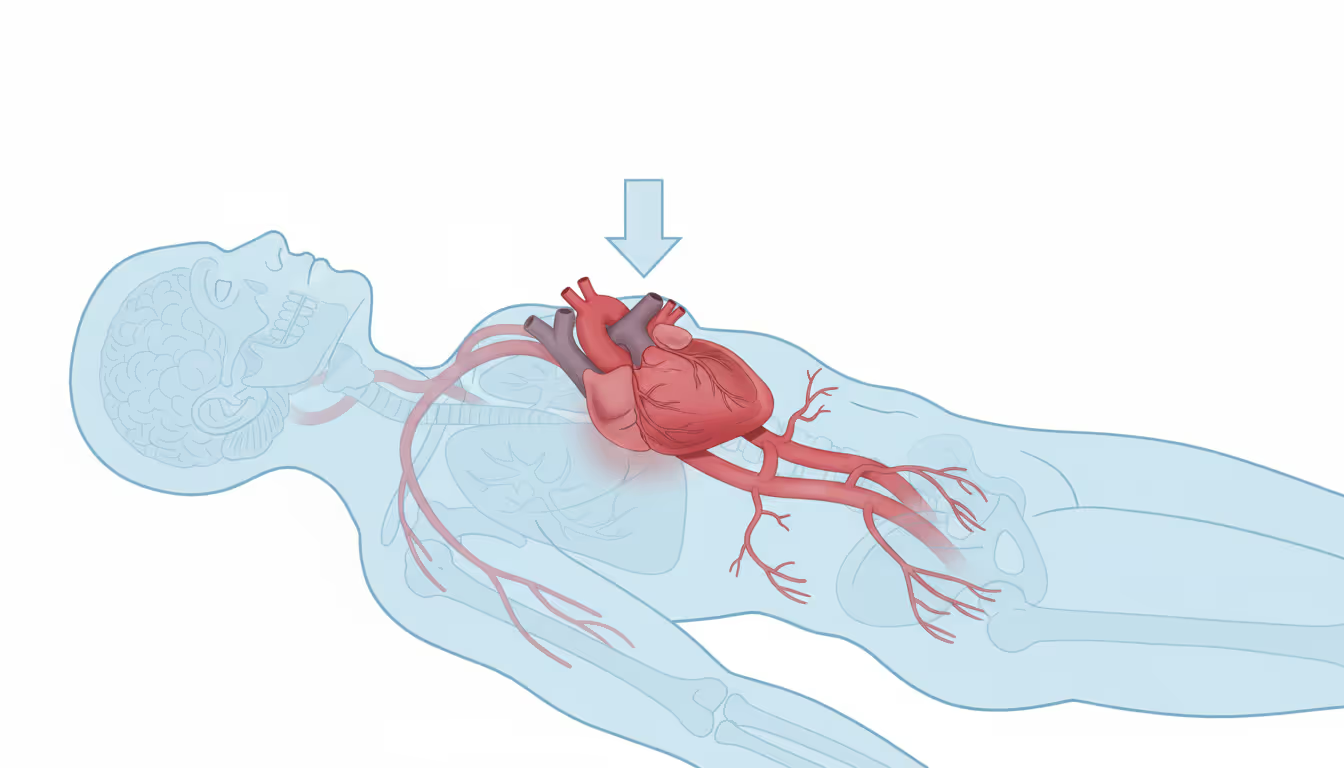
Low blood pressure is defined as any measurement that falls below what is typically expected for a person in a specific context. It is sometimes called hypotension. The term is relative because blood pressure can fluctuate significantly due to factors like activity level, age, medications, and underlying health issues. Causes of low blood pressure can include nervous system disorders, non-nervous system conditions, and medication use. Neurological causes might involve changes in body position, such as moving from lying down to standing, fainting, or feeling lightheaded after urination or bowel movements, and even being startled. Non-neurological factors can involve blood loss, infections, dehydration, adrenal insufficiency, pregnancy, extended periods of bed rest, toxic shock syndrome, and allergic reactions. Medications that may lower blood pressure include antihypertensives, diuretics (water pills), heart medications like calcium channel blockers (e.g., nifedipine/PROCARDIA) and beta-blockers (e.g., propranolol/INDERAL), drugs for depression, and alcohol.




